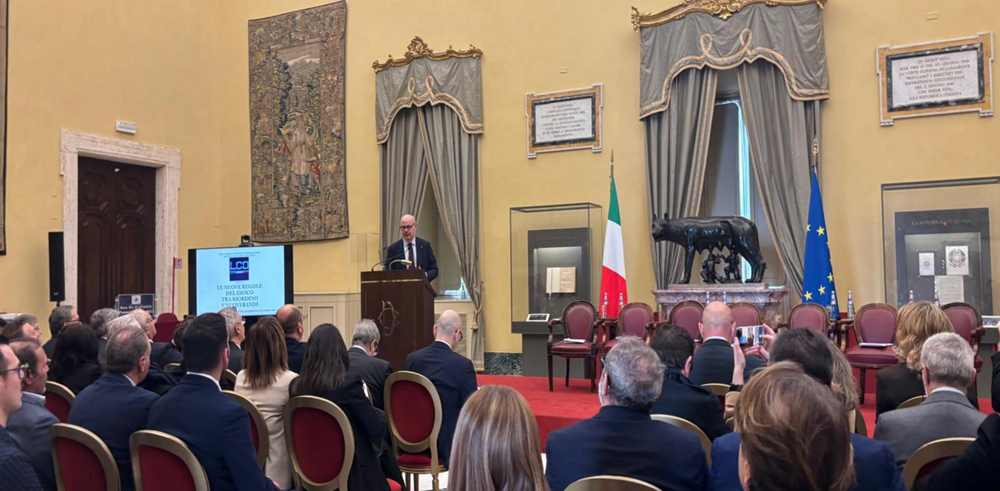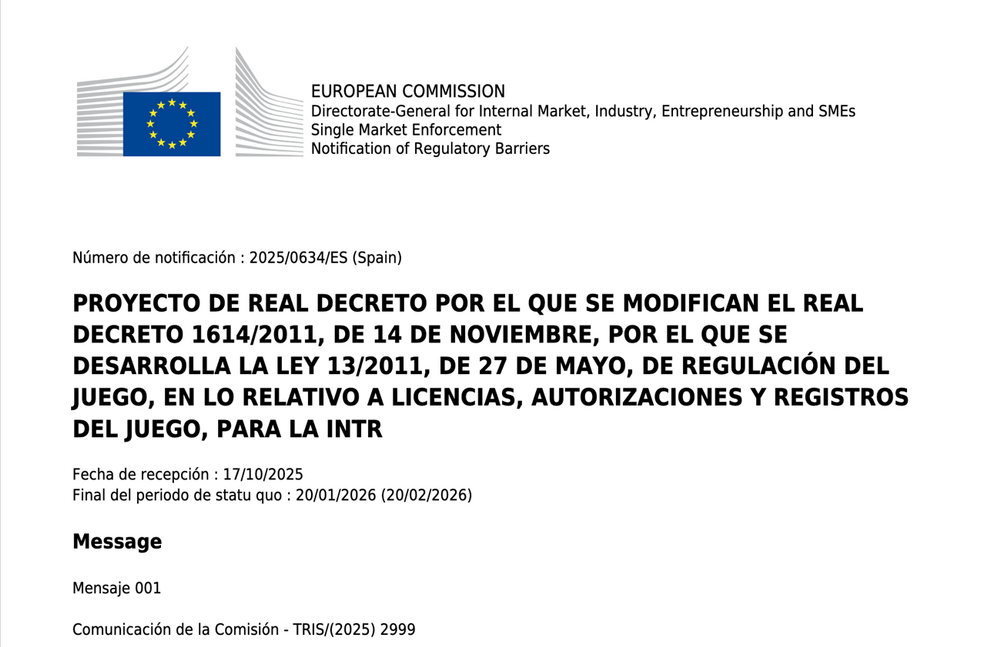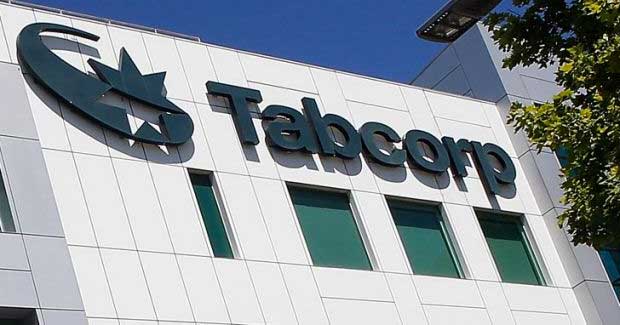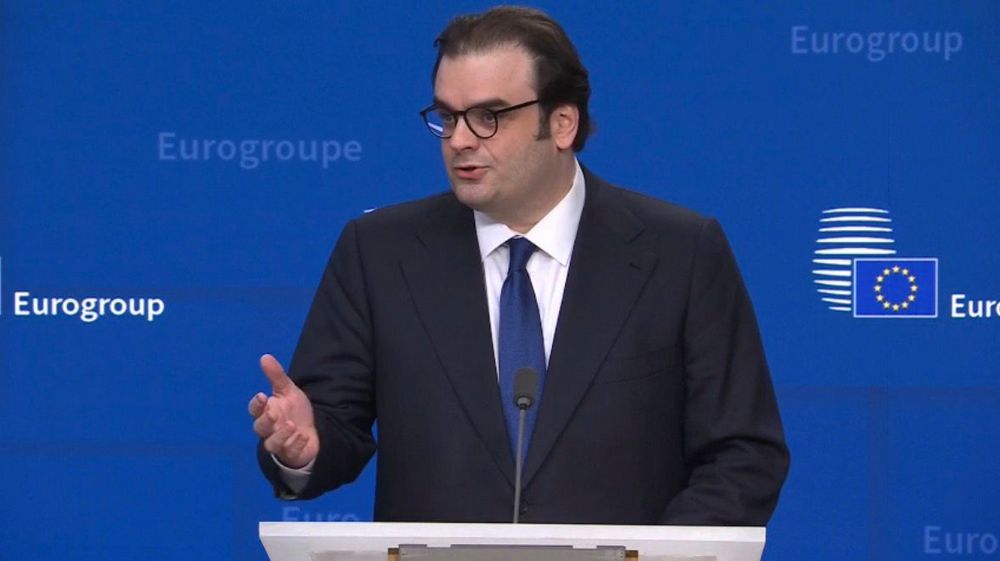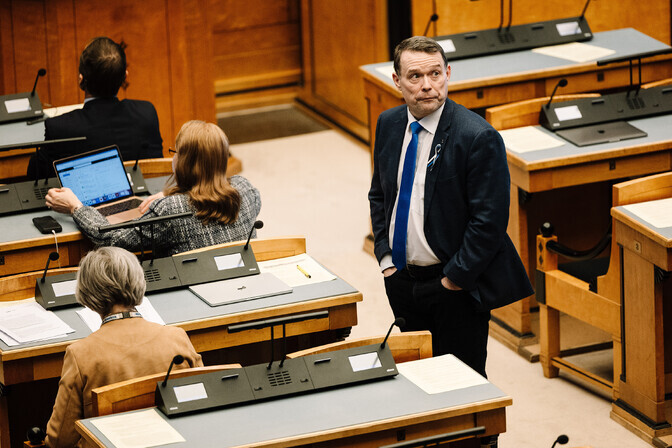Tallinn, October 2025 — Estonia is setting its sights on becoming Europe’s next major online gaming hub, as lawmakers advance a proposal to reduce the country’s remote gambling tax from 6% to 4% by 2029. The reform, introduced by Madis Timpson of the ruling Reform Party, aims to position Estonia as a competitive alternative to Malta, long considered the continent’s iGaming capital.

Under the plan, the tax rate would fall incrementally — from 6% in 2025 to 5% in 2027, and finally 4% by 2029 — offering a fiscal advantage to online operators licensed in the Baltic state. Proponents argue that a lower tax burden could attract global gaming companies currently registered in Malta, Gibraltar, and the Isle of Man, boosting Estonia’s visibility as a business-friendly jurisdiction for iGaming and fintech innovation.
Supporters also claim the measure would help redirect part of the revenue to sports, cultural, and youth projects, strengthening the social perception of the gaming sector as a legitimate contributor to the economy. According to government estimates, Estonia’s online gambling market generated €70 million in tax revenue in 2024, and the new framework could increase total turnover by 20% over the next five years.

However, not all voices are convinced. Opposition MP Andrei Korobeinik criticized the plan, noting that “no concrete financial analysis” supports the projection that tax cuts will attract major operators. Analysts have also cautioned that long-term regulatory stability, not tax rates alone, remains the key factor for investors seeking European licensing.
Estonia on high alert, unbridled bets among young people.
The proposal comes as Estonia’s gaming industry experiences growing pains: Yolo Entertainment Group recently announced job cuts, highlighting the competitive pressure facing local operators. Still, if approved, the bill could mark a pivotal moment in reshaping Europe’s iGaming geography.











